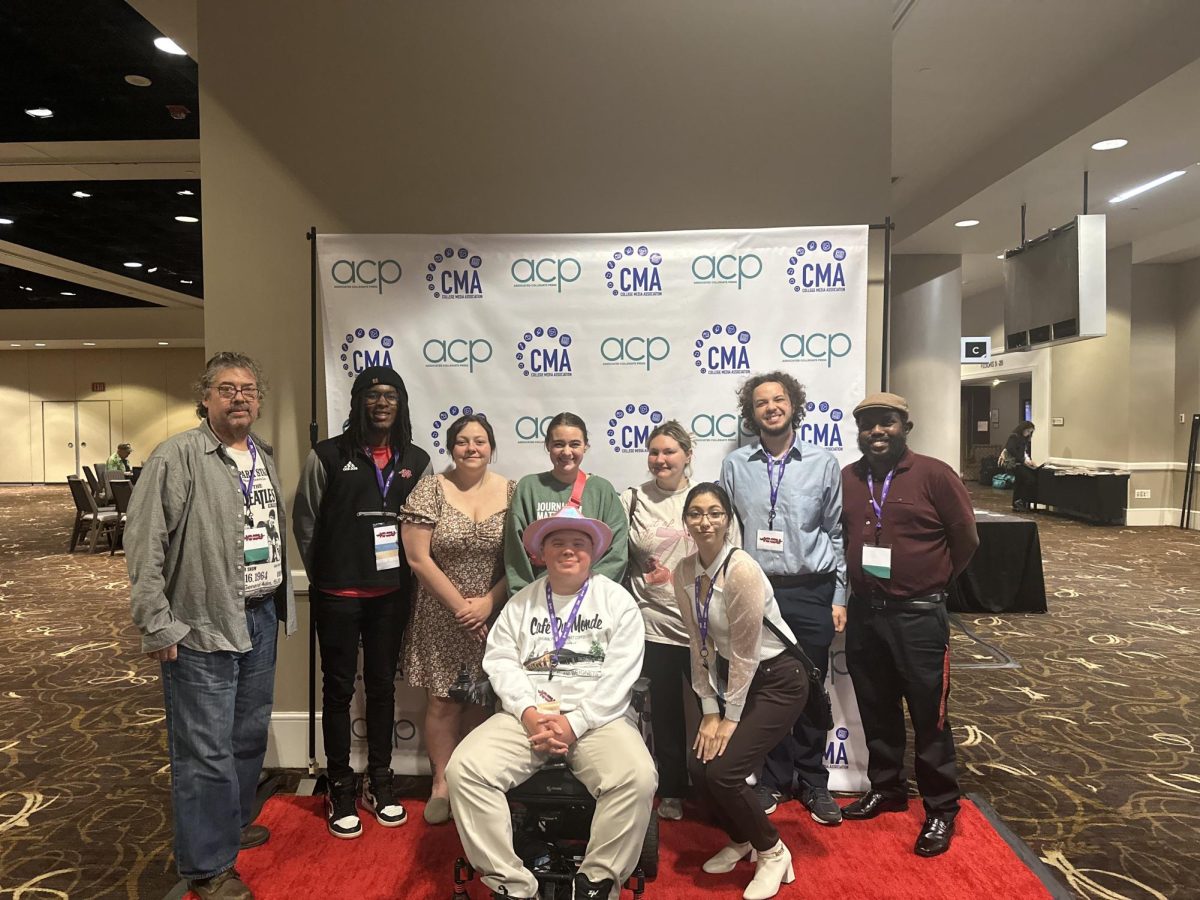SACRAMENTO, Calif. – Supporters of Proposition 8 won the election but are now frustrated because they are still fighting for their cause. A week after the majority of voters passed the controversial measure to ban same-sex marriage, the conflict continues – in the courts, at protests and in personal attacks.
“I’m frustrated by what’s going on,” said Dave Leatherby, owner of the Leatherby Family Creamery in Sacramento, commenting on the protests and court battles.
“Let’s move on. I always told my children that once a rule was made, you have to abide by it. I think it should be the same in this circumstance.”
Leatherby and his family donated about $20,000 for the passage of Proposition 8. A devout Catholic and father of 10, Leatherby supported the measure for religious reasons. He said his business has been targeted by bloggers as a result, and that he is particularly confused because his business has participated in the annual gay pride Rainbow Festival.
“It saddens me that all this is happening,” he said.
The battle over same-sex marriage will not end anytime soon. This week, 44 state legislators filed a friend-of-the-court brief on behalf of opponents of the gay-marriage ban. They maintain the initiative process was used improperly. The California Supreme Court could rule as early as this week on a lawsuit that seeks to invalidate Proposition 8, said court spokeswoman Lynn Holton.
Proposition 8 opponents said they will continue to fight for their civil rights.
“For them to say the voters have spoken and no one should question it is a bit disingenuous,” said West Sacramento Mayor Christopher Cabaldon. He cited repeated attempts to pass other initiatives. “They believe in the justice of their causes, that’s why they return over and over again with the same proposal on parental notification.”
Cabaldon was referring to Proposition 4, which would have required parental notification before a minor could have an abortion. It was defeated for the third time last week.
Since the election, thousands have protested on the steps of the state Capitol and in some cities at temples of the Church of Jesus Christ of Latter-day Saints and other sites. The Sacramento temple has not been targeted.
“Protesting is a time-honored American tradition,” said Ned Dolejsi, executive director of the California Catholic Conference. Catholic leaders were active in the “Yes on 8” campaign. “But it’s unfortunate when it steps over into religious bigotry or harassment.”
Some Proposition 8 supporters say a minority of protesters have gone too far by targeting individuals. Opponents of the measure have called for a boycott of the California Musical Theatre after revelations that artistic director Scott Eckern, a member of the Church of Jesus Christ of Latter-day Saints, donated $1,000 to the “Yes on 8” Campaign. Church members played a significant role in the campaign.
On Thursday, Eckern resigned his position. He released a statement saying that he quit “after prayerful consideration to protect the organization and to help the healing in the local theatre-going and creative community.”
Others who supported Proposition 8 said they have also been targeted. Scott Purves, of Purves & Associates, a Davis insurance company, said a protester carrying a sign reading “Purves Family Supports Homophobia” picketed his business Monday.
“If this had gone the other way, I can’t imagine the backlash if people protested and called the other side names,” said Purves. “People would be angry and rightfully so…. It makes me sad that this would happen when a majority of people supported this measure.”
Opponents of Proposition 8 issued a statement last week asking those disheartened by the passage of the initiative not to target those who voted the other way. “We achieve nothing if we isolate the people who did not stand with us in this fight,” the statement said. “… We know people of all faiths, races and backgrounds stand with us in our fight to end discrimination, and will continue to do so.”
Other ballot initiatives that have been approved by voters have faced legal challenges.
“When it comes to social initiatives, it can become very emotional,” said Douglas Kmiec, professor of constitutional law at Pepperdine University.
He cited two initiatives that were approved by voters and later challenged in the courts. One was Proposition 209, the 1996 ballot measure that eliminated racial preferences at California agencies and public institutions; the other was Proposition 187, the 1994 measure that proposed barring undocumented children from schools and most health care.
“Although there were bumps along the way, Prop. 209 eventually passed, but 187 was ultimately invalidated,” said Kmiec.
For now, Leatherby said, Proposition 8 should stand. “If they want to win me over,” he said. “That’s not how to do it.







